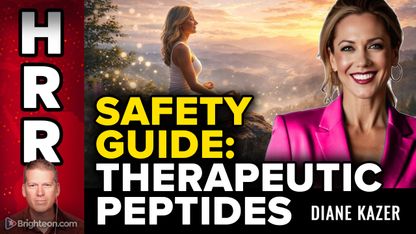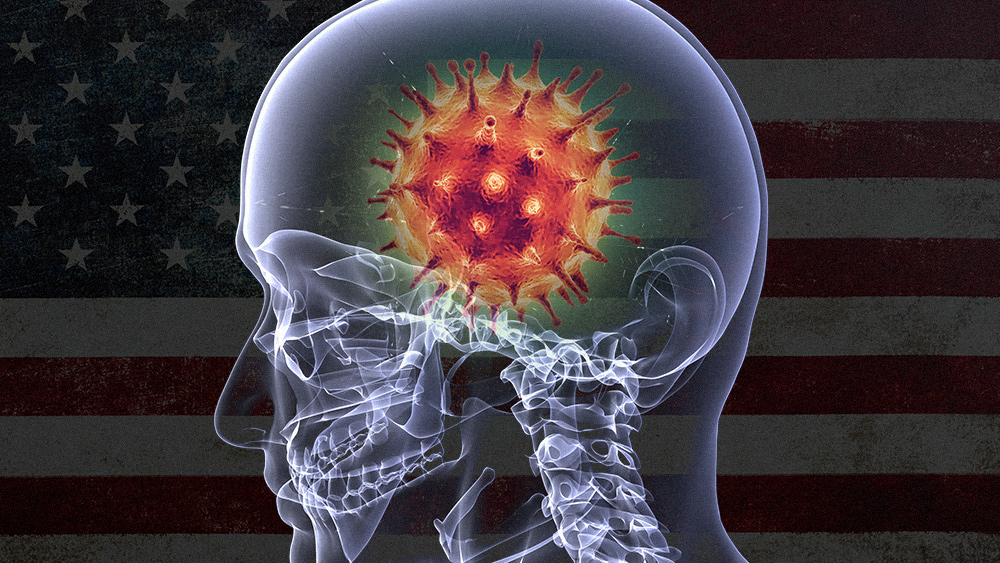
When the immune system attacks the body, it can have devastating consequences that trigger functional disorders, and autoantibodies can target glutamate, a neurotransmitter.
Researchers at the Max Planck Institute of Experimental Medicine (MPIEM) in Göttingen, Germany investigated the circumstances in which autoantibodies for N-Methyl-D-aspartate (NMDA) receptors are formed, and how they affect the brain.
Over the course of their study, they found that NMDA levels in the blood can fluctuate over the course of a person's life. It can also increase with age. However, chronic stress can drive up the concentration of these autoantibodies.
This means that when antibodies enter the brain to act on NMDA receptors, people suffer less depression and anxiety, so these autoantibodies serve as the body's natural antidepressants.
Glutamate receptors are found in the nerve cell membrane and bind to glutamate, which is a known neurotransmitter. The NMDA receptor, on the other hand, is essential for learning and memory, and up to 20 percent of the population have antibodies against this receptor in their blood.
Autoantibodies fight depression, if they can get into the brain
Usually, the blood-brain barrier prevents antibodies from crossing into the brain. If this barrier is damaged, the antibodies have a greater effect. If the antibodies bind to NMDA receptors in the brain, these are removed from the nerve cell membrane, disrupting the signaling to neighboring cells. For example, if inflammation is present in the brain due to viral infection, the presence of autoantibodies can lead to anti-NMDAR-encephalitis, a type of brain inflammation that is caused by antibodies and can lead to fevers, headaches, and tiredness, and can be followed by psychosis or hallucinations.
The effect of these NMDA receptor autoantibodies can influence the symptoms of underlying encephalitis. It is known to contribute to epileptic seizures, impaired movement, psychosis and even the loss of cognitive function. However, this indicates that these antibodies have the potential function of relieving stress. (Related: Is America addicted to antidepressants?)
To test the hypothesis, the team from MPIEM discovered that the concentration of autoantibodies in the blood of mice and humans can fluctuate over time. However, the level rises with age, as the body continually exposes itself to factors that stimulate the immune system as well as autoantibody production.
One of these factors is stress. The researchers also said that chronically stressed mice show higher levels of NMDA receptor autoantibodies in the blood compared to the non-stressed ones.
“People who are subjected to high stress in their lives have a greater probability of carrying NMDA receptor autoantibodies in their blood, even at a young age. If an infection or some other factor appears which weakens the blood-brain barrier, the autoantibodies enter the brain and can cause epileptic seizures or other neurological disorders," says Hannelore Ehrenreich, one of the researchers in charge of the study.
Positive effects of antibodies
Another study also supports the hypothesis that autoantibodies can play a positive role in the brain. Chinese researchers found that depressive behavior was less prevalent in mice with an impaired blood-brain barrier. This is because anti-NMDAR antibodies accumulated in the brain tissue. The finding indicates that these antibodies have a potential anti-depressive role.
An analysis of a large patient database also revealed that people with NMDA autoantibodies and a permeable blood-brain barrier are also less likely to experience depression and anxiety.
The NMDA autoantibody plays a role that is similar to ketamine, an antidepressant that also acts on NMDA receptors. "The effect of these autoantibodies -- whether they contribute to the symptoms of an encephalitis or inhibit depression -- is evidently determined not only by their level in the brain, but also by any underlying condition, in particular the presence or absence of inflammation," Ehrenreich explained.
Further research is required to better understand the mechanisms of the anti-NMDAR antibody function. This study may also be key to developing the understanding of underlying mechanisms of various psychiatric diseases caused by the onset of anti-NMDAR encephalitis and provide researchers insight into how the body copes with extreme mental stress.
Read more about natural antidepressants at Mental.news.
Sources include:
Please contact us for more information.






















